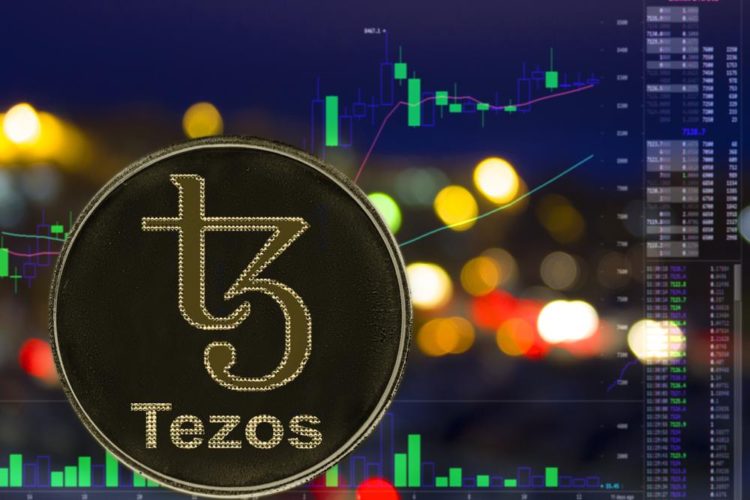- “Edo” improves privacy for users of the Tezos blockchain with Sapling protocol.
- The upgrade also introduces new smart contract features and smoother transitions for Tezos’ upgrade process.
In a press release shared with CNF, it was announced that one of Tezos‘ largest upgrades to date, “Edo,” has been successfully activated with block #1,343,489. Developed by Nomadics Labs, Marigold, DaiLambda and Metastate, Edo is described as the “most ambitious” update in Tezos history.
The update integrates the Sapling protocol, originally developed by Zcash’s Electric Coin Company, to enable privacy-protected transactions. Edo allows smart contract developers to easily integrate Sapling into their smart contracts, enabling new types of applications such as voting or supporting asset transactions with selective disclosure.
The feature provides a “spending key” and a “viewing key” for additional user security and use cases:
(…) a viewing key can willingly be shared with a third party, for example with an auditor for regulatory compliance purposes. A viewing key can also derive several diversified addresses. An address can be used to receive funds, much like the address of an implicit account.
In addition, Edo introduces tickets and a new procedure in the voting process. The former allows developers to write more secure smart contracts, while the latter makes it easier to implement new updates. Tickets give developers a “convenient mechanism” to grant portable permissions to other smart contracts or to issue tokens. Furthermore, they also enable support for issuing a specific token. The release states the following:
While it’s possible to achieve this with existing programming patterns, tickets make it much easier for developers to write secure and composable contracts.
Other features of the Tezos upgrade
Other new features include Environment V1, which introduces new libraries to support the features introduced by Edo, and two additional RPCs for voting. The voting process now has a fifth period called “adoption,” according to the Tezos Gitlab page.
This feature was implemented to ensure that the transitions between updates give validators enough time to update their nodes to the new protocol.
Users should keep in mind that the duration of each tuning period has been reduced to 5 cycles, with the total duration of the tuning process estimated to take about 2 weeks for the update to be accepted by validators. About the update, the release states:
Like the Delphi upgrade three months ago, Edo continues the movement towards adding upgrades to Tezos at regularly-scheduled intervals. A new upgrade proposal, Florence, is expected to be injected within the coming weeks, which we anticipate will continue the Tezos community’s record of smoothly incorporating substantial technological improvements into the blockchain.
Credit: Source link













































































































































